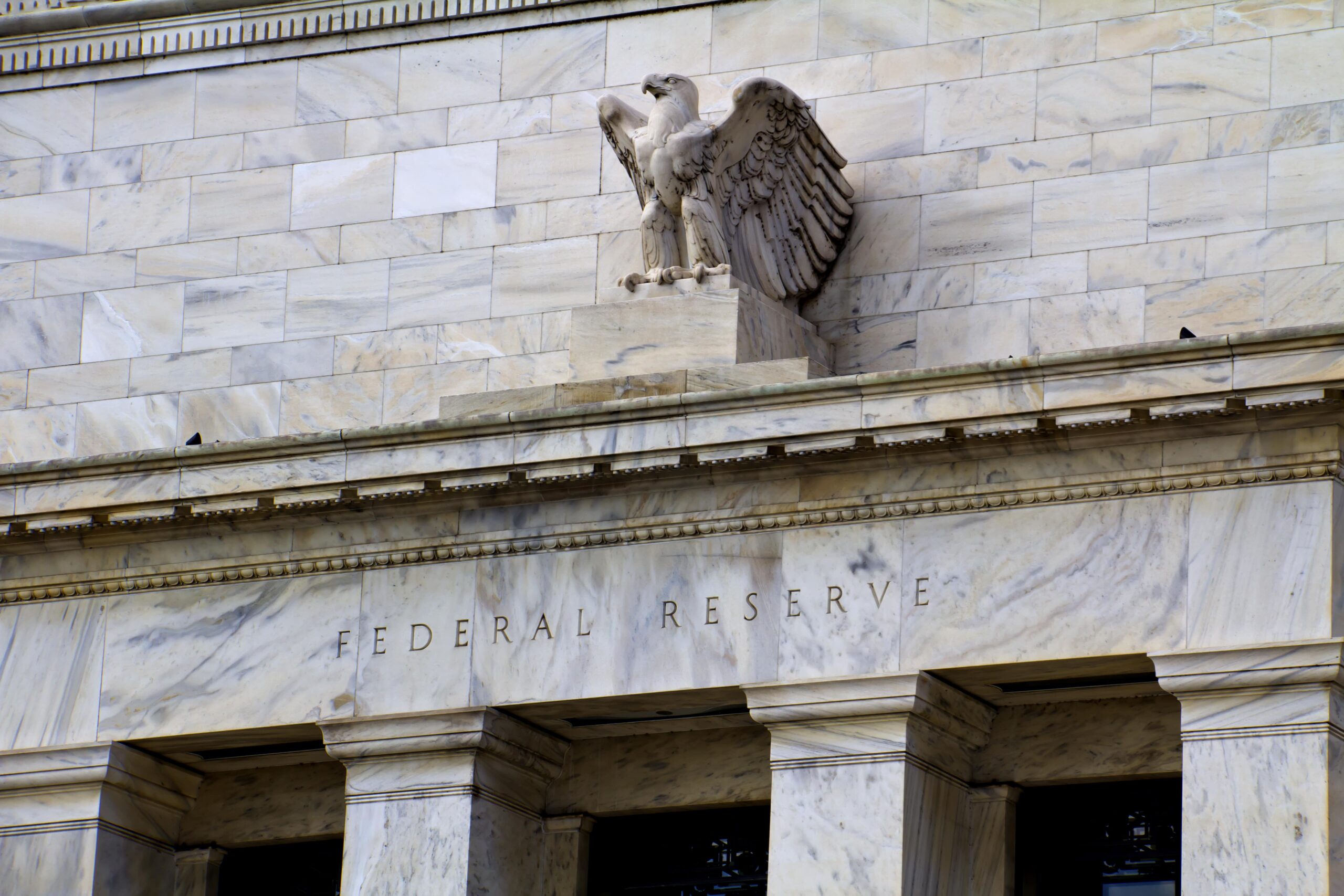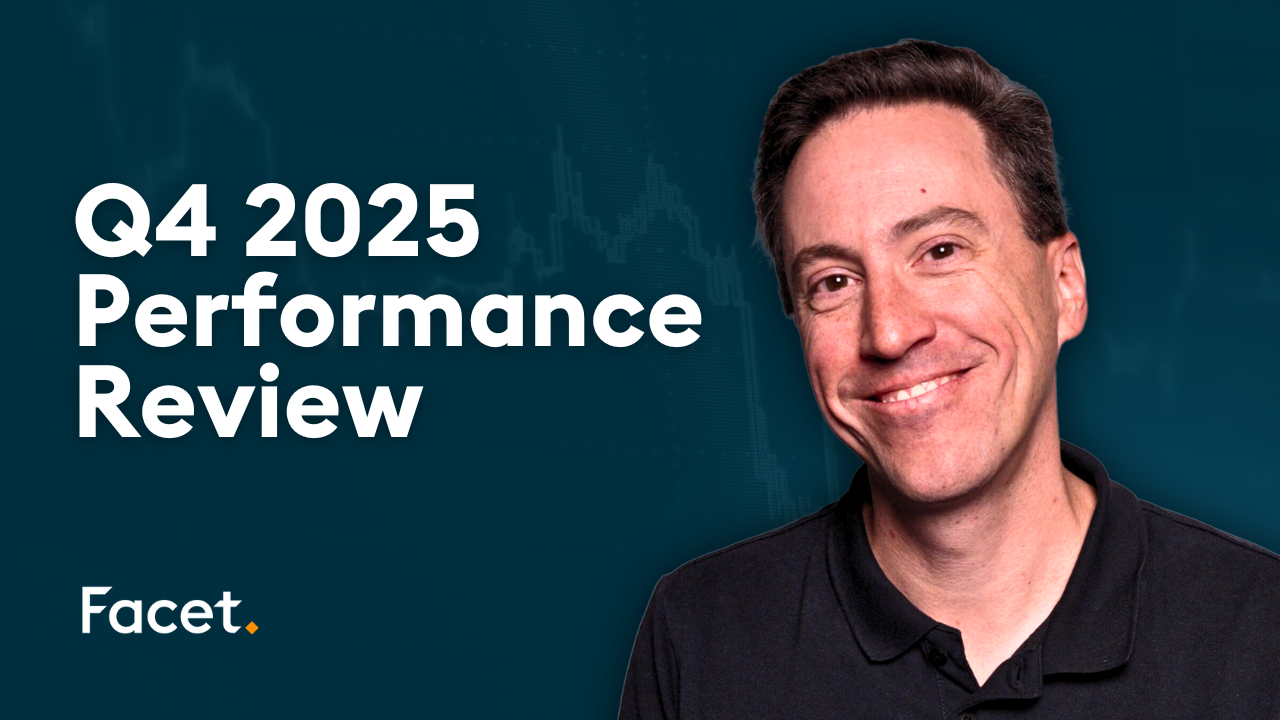
The information provided is based on the published date.
Key takeaways
A brief acknowledgment
Before we outline what’s unfolding overseas, we’d like to acknowledge the fact that many people are suffering. This is therefore not an easy topic to cover and we are sending our thoughts to all those impacted. As an organization that supports individuals and families and their financial lives, it's important to share what these international events could mean for all of us. With that as a prelude, here is what we know so far, what it means for markets, and what it could mean for you.
What’s happening and why is it affecting markets?
Earlier this week, Reuters reported that Russia’s invasion of its neighbor, Ukraine, is the “biggest attack by one state against another in Europe” in almost 80 years. Countries around the world condemned the attack and responded by imposing fresh sanctions on Russia. These sanctions are broad in nature and affect everything from the energy and banking sectors to technology. Western leaders say more sanctions could be used should Russia continue its current course.
Why does all of this affect markets? The short answer is that our world is more connected today than ever before. A global economy means conflicts and economic crises can have ripple effects around the world. Here are a few factors that are driving markets:
- Uncertainty - There is always some level of uncertainty in the economy, but geopolitical events tend to tip the scale beyond what is normal. Markets don’t like uncertainty, and more of it leads to greater volatility which we have seen over the last few days.
- Emotions - Human emotions often lead to both upside and downside overreactions in markets. War is certainly an event that can elicit very strong emotions, and that is likely to drive some instability and volatility in markets for a period of time.
- Economic impact - The global pandemic has already put a fair amount of strain on countries and economies around the world. A war in eastern Europe combined with sanctions on Russia (the world's 11th largest economy) could create some headwinds for a sustained recovery.
- Inflation - One of the biggest challenges facing the global economy is inflation. Russia is a leading supplier of oil (in addition to other natural resources) and this event could disrupt global supply. These disruptions could lead to higher prices for consumers and businesses. Inflation was already an issue, and higher gas prices won’t be a welcome addition.
It’s important to remember that volatility is a normal part of market behavior. Over the last few months, we have seen a heightened level of volatility due to higher than expected inflation and talks of interest rate hikes in the U.S. In other words, volatility is the rule and not the exception.
What long-term impact will the war have on my portfolio?
We can’t be certain of the long-term impact of this event, but we can look to history for some guidance. It is likely there will be market volatility for the foreseeable future, but this shouldn’t cause you to panic and change your strategy. Tensions have existed between Ukraine and Russia since the collapse of the Soviet Union in 1991. Over the same period, the average annual return (nominal) of the S&P 500 was 9.9% (1992-2021). Over the past 50 years, it was 9.4% (1972-2021).
When looking at past stock market performance during times of war specifically, returns across various asset classes actually hold up quite well:
- During World War II large cap stocks returned 16.9% and small cap stocks returned 32.8%.
- During the Korean War, large cap stocks returned 18.7%, while small cap stocks returned 15.4%.
- Although the Vietnam War was a protracted conflict, large cap stocks still returned 6.4% while small cap stocks returned 7.3%.
Contrary to what one might expect, stocks have generally outperformed their long-term averages during periods of conflict.
On a shorter time horizon, the S&P 500 index is up over 60% over the past three years (through February of 2022) and this includes the historic dip it took at the beginning of the pandemic. In fact, market declines of 10% or more during a given year are not abnormal. As we’ve noted before, over the last six years alone, we have seen four years with intra-year losses of more than 15%. Despite that volatility, the Russell 3000 (a broad indicator of the U.S. stock market) has returned an average of over 9% annually since 1980.
What does this mean for your money and what should you do?
The short answer is you shouldn’t be reacting to these events by making tactical changes to your investments. Long-term investment success is not about timing of the markets, it’s about time in the markets. History has shown us that external stressors — ranging from geopolitical tensions, to pandemics, to war — tend to have less of an impact over the long term. With that being said, here are a few things you can do today:
- Reflect on and reassess risk - It’s important not to ignore how you are feeling right now. If you are feeling good about your current situation, it’s likely a sign that you have an appropriate level of risk. If you are a little worried, it might be time to reassess the risk in your overall strategy. It isn’t an all or nothing decision. Slight adjustments can be healthy if they help you remain invested.
- Review your financial foundation - A healthy financial foundation includes having positive cash flow, a plan for your debt, a strong emergency fund, proper insurance, and estate planning documents. The stronger your foundation, the more resilient you become in the face of adversity and the more likely you are to stick to your plan.
- Focus on your investment strategy - This isn’t about tactical, short-term changes to your investments. It’s about looking at the bigger picture. Your strategy should focus on how much you invest, the level of risk you take, your level of diversification, and how you minimize fees and taxes over time.
- Maintain a long-term perspective - Through all of the adversity and uncertainty, your mindset may be the most important thing. Remembering that investment success comes from taking a long-term perspective is critical. It’s the decisions you make during periods of adversity that may matter more than those during periods of prosperity. With the right plan and investment strategy, you’ll be well prepared for any market condition.
Although we don’t know how the situation in Ukraine will ultimately unfold one thing is for certain: life, and the world around you, are ever-changing. If you are feeling a little uneasy or simply want to connect to discuss your financial plan or your investment strategy, remember that a CFP® Professional at Facet is here to support you.


